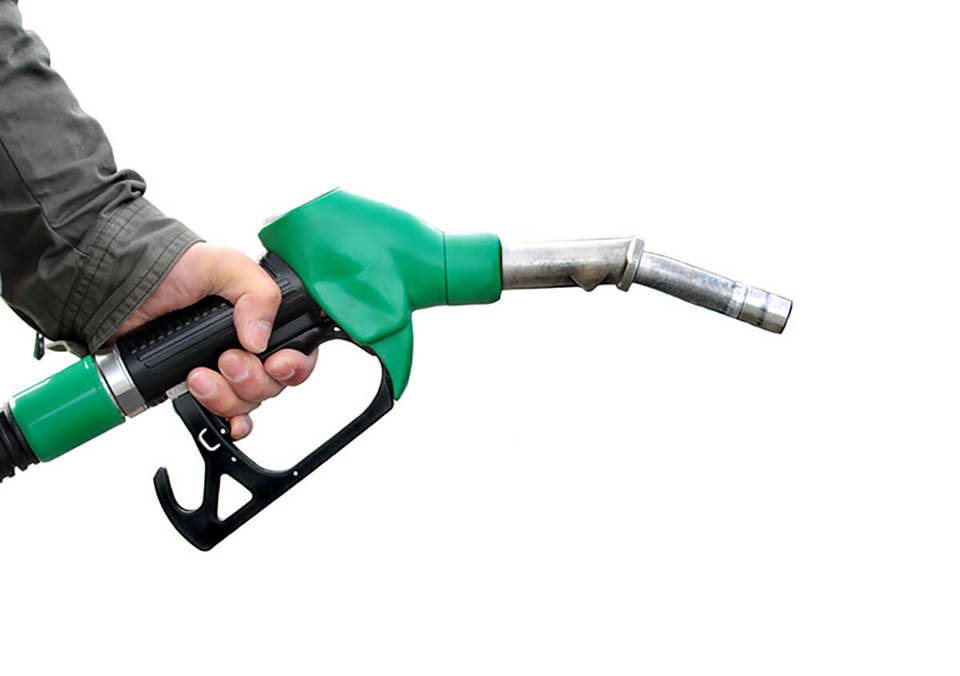Cameron Forecourt say that electronic tank gauges can provide the means to accurately monitor fuel stocks and allow companies to introduce an effective lean wet-stock management system.
Cameron sales and marketing manager, Martyn Gent explains: “A company might typically have capacity to store 100,000 litres of diesel but under normal circumstances use only about 40,000 litres of fuel per month. The additional storage capacity allows for greater use at peak periods such as the run up to Christmas. Standard operating disciplines often means that they store fuel in excess of their normal requirements, therefore tying up thousands of pounds unnecessarily.
“By effectively reducing fuel stocks and only replenishing them when necessary, huge amounts of cash can be released, therefore easing financial concerns elsewhere in the business. Martyn continues: “We understand that this practice provides a single hit benefit but in these difficult economic times any measure which improves cash flow must be worth considering”.
Earlier this year, Cameron Forecourt entered into a partnership with high accuracy tank gauge manufacturing specialist Gilbarco Veeder-Root. This agreement covers the sale, installation and onward maintenance of a number of products including the TLS range of electronic tank gauging systems for use within the UK commercial fuelling market.
When interfaced to Cameron’s Eclipse and Nova fuel management systems the TLS “electronic dipsticks”, which use advanced electro-magnetic sensing technology, provide an extremely accurate check on fuel stocks. By comparing current stock data with fuel usage it is possible to determine the true picture of what is happening within the tanks, and once armed with this intelligence it is easy to determine a realistic stock holding which enables the vehicle fleet to operate efficiently without unnecessarily holding large quantities of fuel.
Adds Martyn Gent: “There are lots of other advantages to operating an integrated system; one clear advantage is the ability to check that you actually receive the amount of fuel you ordered! This is achieved by the system as it maintains a complete log of activities including all fuel issues and deliveries. The temperature of stored product is also taken into consideration. Any sudden losses or other unexplained shortages of fuel can automatically trigger an alarm to a responsible person by email or SMS,” text messaging.
“By instantaneously knowing how much fuel you have in your tanks gives you the ability to react to movements in bulk fuel prices or other market influences. Overall it’s a fine balancing act, but regular and accurate information provides the opportunity to make informed decisions, rather than simply guesstimating what’s in the tank.”
To calculate your fleet fuel, come to the Fleet News fuel cost calculator.














Login to comment
Comments
No comments have been made yet.